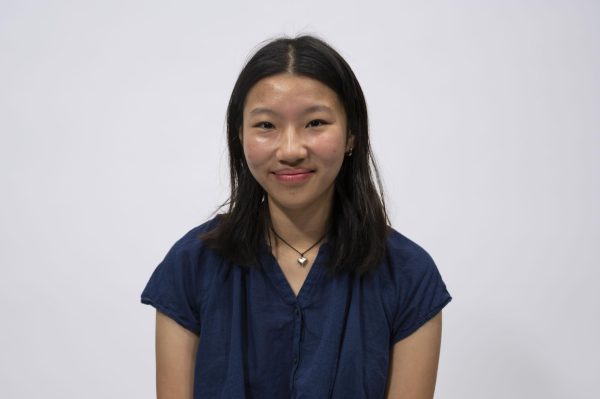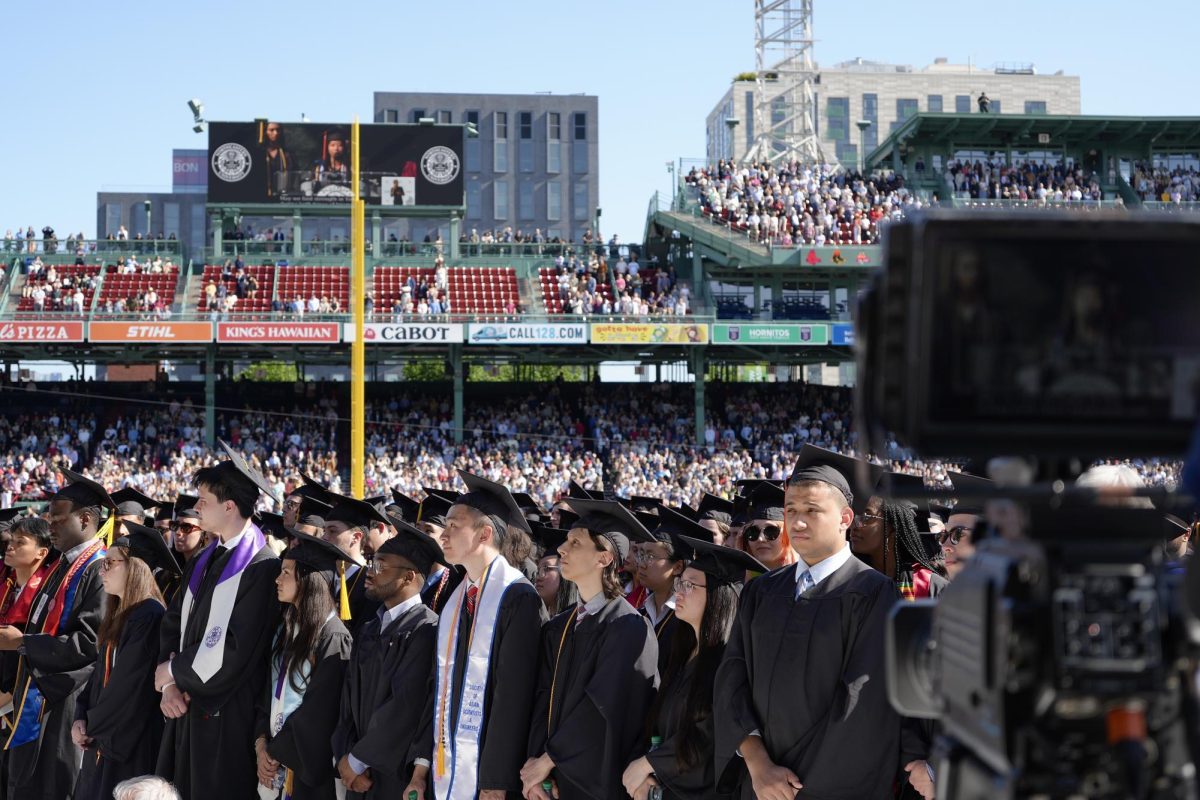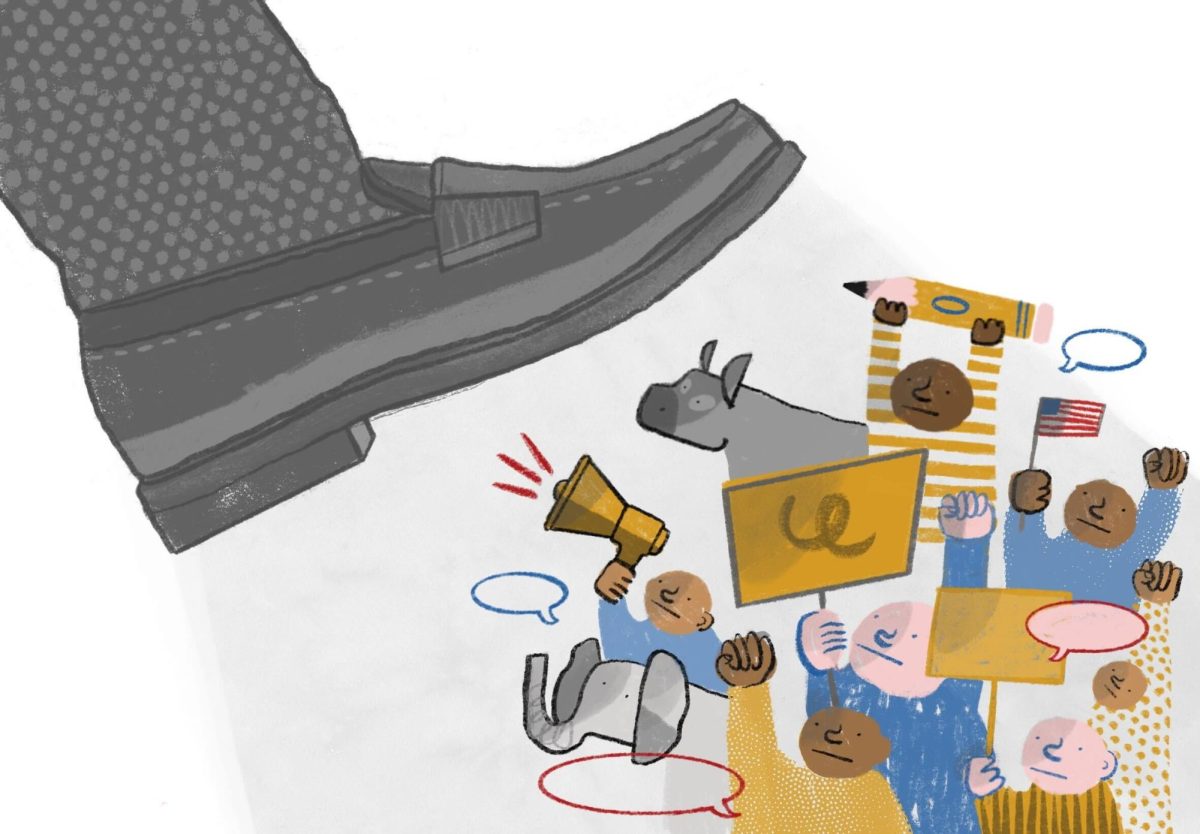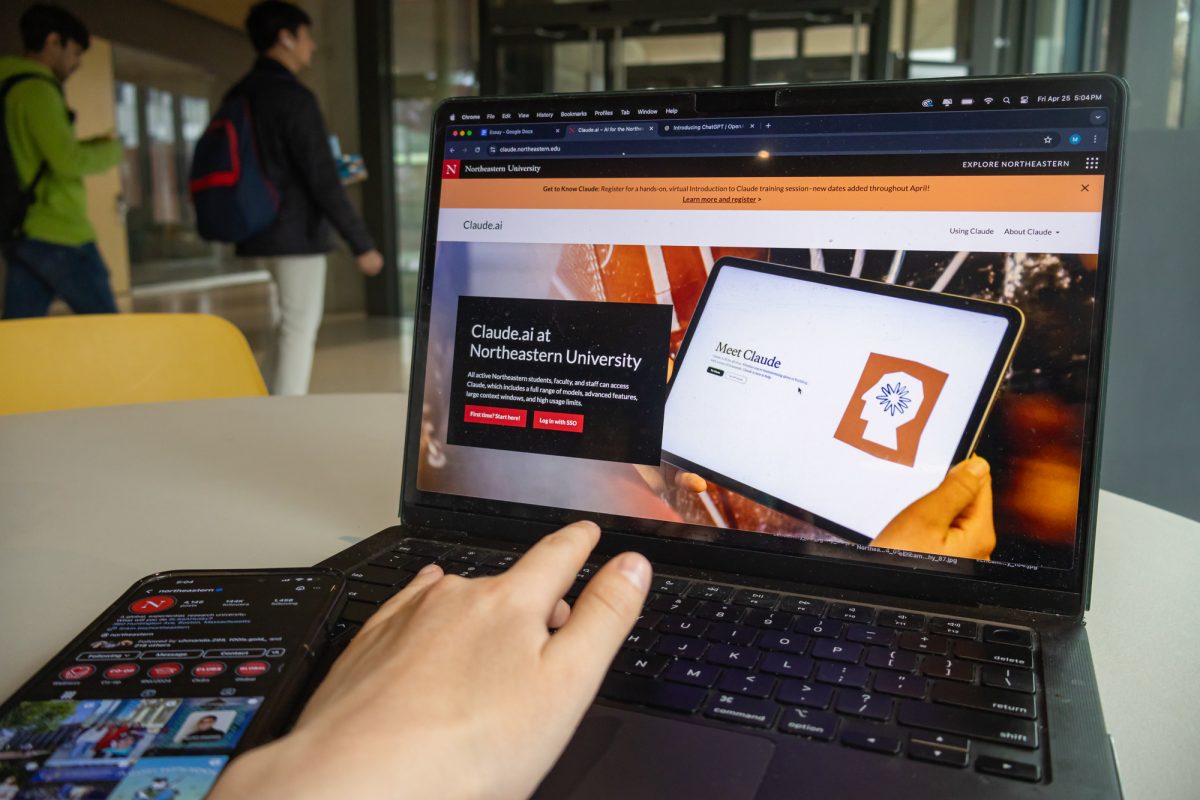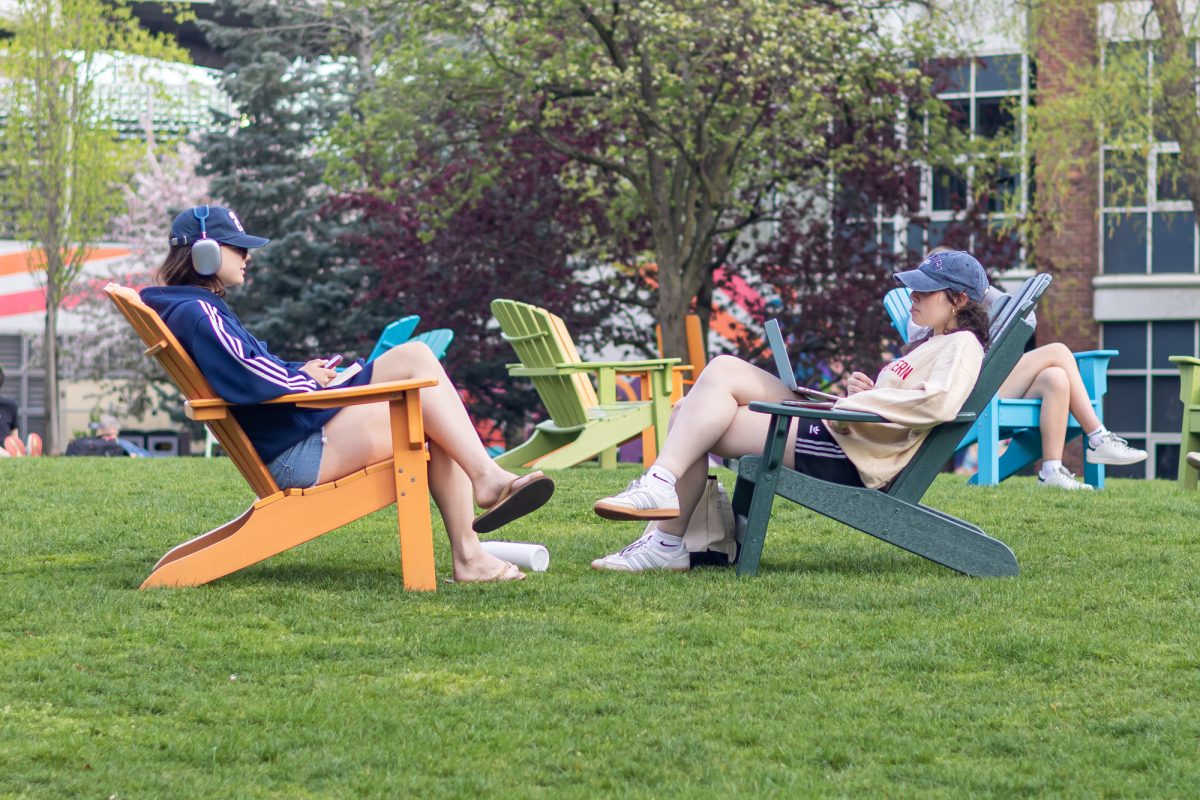I was adopted into a white family as a 15-month-old from China Aug. 11, 2004. As an adoptee, I’ve taken on advocacy for issues surrounding adoption and have talked to multiple other adoptees about their personal struggles about being adopted.
I often rely on my personal experiences of integrating into a white family to share my take on the ramifications of transracial adoption.
Last November, I wrote an article for The News focusing on white saviorism in adoption. I wrote the article intending to help other adoptees who may have had similar experiences and in the hopes of providing media representation about this type of adoption. However, I now wish to clarify some of the words and messages written in the previous article as I feel they were mistakenly written and interpreted.
Transracial adoption, a term originally coined in 1948, means that a child of one race or ethnic group is placed with parent(s) of a different race or ethnic group. In the years between 2017 and 2019, 28% of all adoptions were transracial.
When a white parent adopts a child of a different race, there is a concern by the name of white saviorism — the idea that white people have a responsibility to save and protect people of color. The system of transracial adoption has the notion that white adoptive parents are providing a better life for children despite the potential for identity loss experienced by adoptees. The term “white saviorism” was not coined in the context of adoption specifically. Still, it has been applied to this field as part of broader discussions of race, colonialism and power dynamics.
In the article, I conveyed that I experienced the “harmful effects” of white saviorism and reflected on experiences that implied a white saviorism mentality in the actions of my own parents.
Before writing the article, I researched white saviorism, and I grew frustrated with how so many adoptees feel hurt when their adopted parents parade them around as trophies to prove they are good people. I feared that may have happened to me as well. Some past experiences involving race led me to believe that my parents were trying to protect me because of my racial identity. Despite all this, I now know that my parents never truly took on a white savior role during my adoption and when raising me.
In my previous op-ed, I described a situation where my mother and I visited New York June 6, 2021, and she carried a weight in her purse to protect me against anyone who would try to physically hurt me. I mistakenly associated her act of caring for her daughter with the token white savior mentality when it was really just my mother trying to protect me.
As I started to talk more with my family about adoption in the last few months, I saw that these words and definitions, such as white saviorism, have been mistakenly skewed and misinterpreted in my mind. I know I was wrong to call my parents white saviors because I’ve read more experiences of other adoptees with parents that actually have the white savior complex.
Truthfully, I believe my family took great measures to ensure that this white savior complex was not part of my life. They often explained to me that though I may look different from them, I am just as much a part of the family as anyone biological.
In addition, the mere act of having open discussions with my parents helped me see that they are proud that I accept my adoptee identity and that they didn’t want to raise me based on my race, but rather on who I am as their child. Though this led to frustrations in my early life, my parents never used my adoption as a way of showing others that they were good people.
The issue of adoption can be quite sensitive and complex. However, there should be open conversations between parents and children with no shame involved. I highly recommend that all adoptees discuss issues related to adoption that are important to them with their families so that these feelings can be talked about in a loving and supportive manner. It is beneficial to all members of a multiracial family to address and understand the characteristics that surround transracial adoption.
I’m a very proud adoptee who is also proud of her family for raising me with an open mind and allowing me to explore who I am so that I can become the best version of myself. I’ve been raised with enormous support and I want to give that same support to the adoption community I am a part of.
Alyssa Enright is a third-year journalism and criminal justice major. She can be reached at enright.a@northeastern.edu.
The Huntington News is dedicated to serving the Northeastern University community with original, professional reporting and creating an environment in which student journalists can learn from one another. Support an independent, free press at Northeastern University with your donation today.



